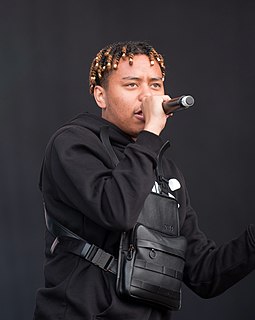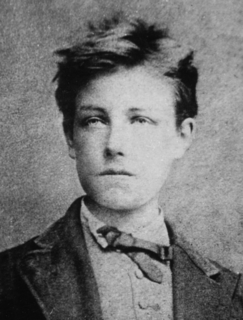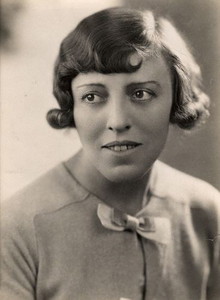A Quote by James Fenton
The basic rhymes in English are masculine, which is to say that the last syllable of the line is stressed: 'lane' rhymes with 'pain,' but it also rhymes with 'urbane' since the last syllable of 'urbane' is stressed. 'Lane' does not rhyme with 'methane.'
Related Quotes
I'm not an advocate of true rhymes, I don't think. I think that everyone who writes musical theater needs to know how to do true rhymes, because that's the tradition of it, but I do think that in order for the art form to grow, it's important to not let tradition get in the way of innovation. There's all kinds of reasons not to use true rhyme in a lyric, like with off-color humor.
...these poets here, you see, they are not of this world:let them live their strange life; let them be cold and hungry, let them run, love and sing: they are as rich as Jacques Coeur, all these silly children, for they have their souls full of rhymes, rhymes which laugh and cry, which make us laugh or cry: Let them live: God blesses all the merciful: and the world blesses the poets.


































